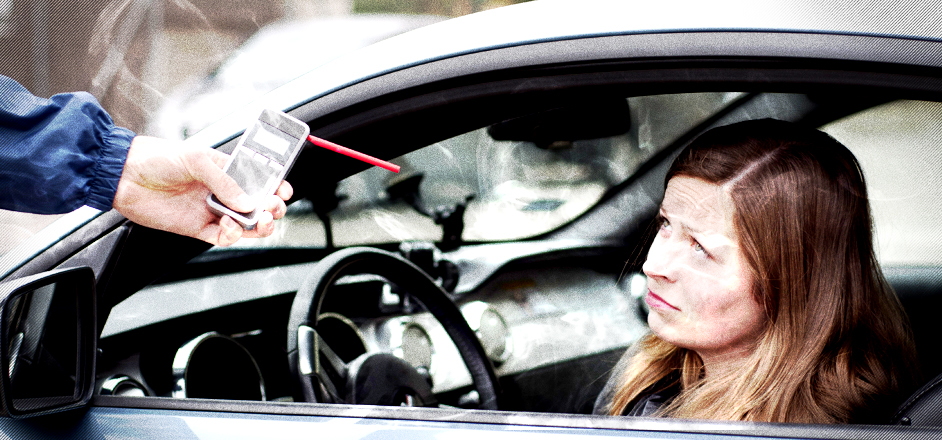Law enforcement is eager to crack down on high driving and companies are racing to create a marijuana breathalyzer … but don’t hold your breath.
Measuring whether or not someone is too stoned to drive — either with a breathalyzer device or with some other field sobriety test — is more complicated than it seems, for a couple of different reasons.
First, we don’t currently have any means of measuring marijuana intoxication on-the-spot. Urine and hair tests can detect whether a person has smoked pot in the past couple days or weeks, but they can't tell when a person is stoned at any one moment.
Second, even if we did have the technology to detect how much weed someone had recently smoked, we still don’t have any clear definition of “stoned driving.” Experts still don’t understand weed’s exact effects on cognition and competence, and millions of dollars in research would have to be spent to compare the amount someone smokes with the amount it impairs their driving.
Anyone who’s ever danced with Mary Jane knows how unpredictable each high can be. If your tolerance, the strain, the level of THC, which bong you ripped or which munchies you ate can all influence how baked you get, how can there ever be an objective standard for marijuana intoxication?
Our best measuring tool at the moment — the blood test — is incredibly ineffective. THC disappears from the blood almost instantly. Because the average time to get blood drawn after arrest is between 1.4 and 4 hours, by the time a cop can get a suspect to the station to take blood, there won’t be much THC left to find.
That’s why startups like Hound Labs are chasing the idea of a breathalyzer. Since THC only sticks to your breath for two to three hours, blowing positive for THC would indicate you smoked right before getting behind the wheel. Hound Labs has announced that it’s developed such a device — but law enforcement officers don’t expect to use it on the streets anytime soon.
“The good thing about the U.S. is if there’s a way to make a dollar, you can bet people will be lined up around the block to make the next best mousetrap. That’s what’s going on with cannabis testing. Breath, oral, fluid, saliva—all of them are competing to come out with the easiest, greatest devices,” Nick Morrow, a retired Los Angeles County Sheriff deputy, tells Scientific American.
“Maybe those devices aren’t ready for prime time yet, but everybody wants to get the patents. As far as having something that really works, defense and prosecutors can agree—the science is not there yet.”
For now, there’s no surefire way to keep stoners off the roads. That worries about half of Americans, while the other half aren’t anxious at all, according to a 2017 national poll.
The latter half rests assured that smokers will either be too lazy to leave the couch, or drive no further than the nearest Taco Bell.




Leave a Reply